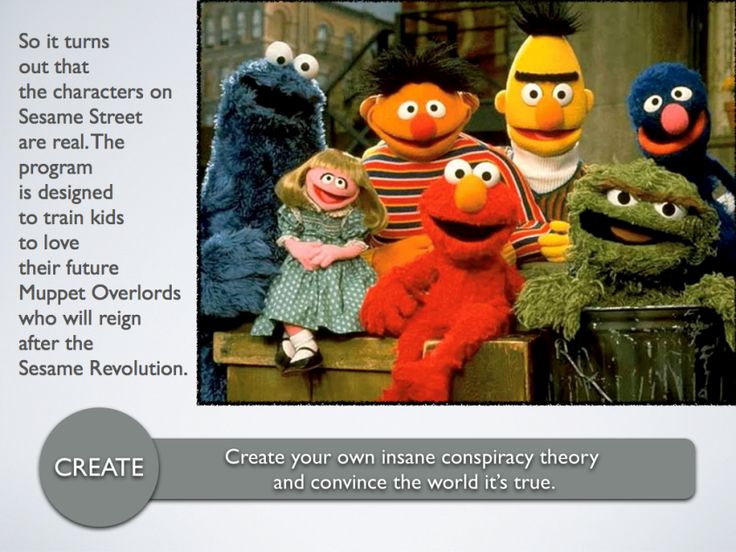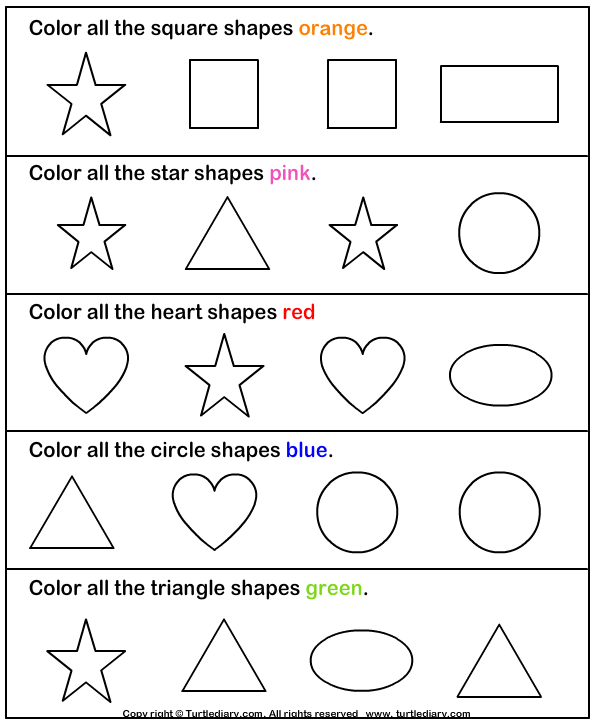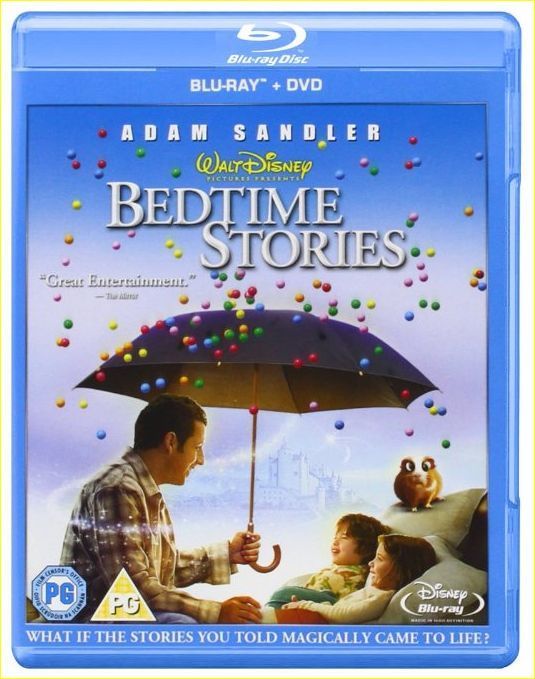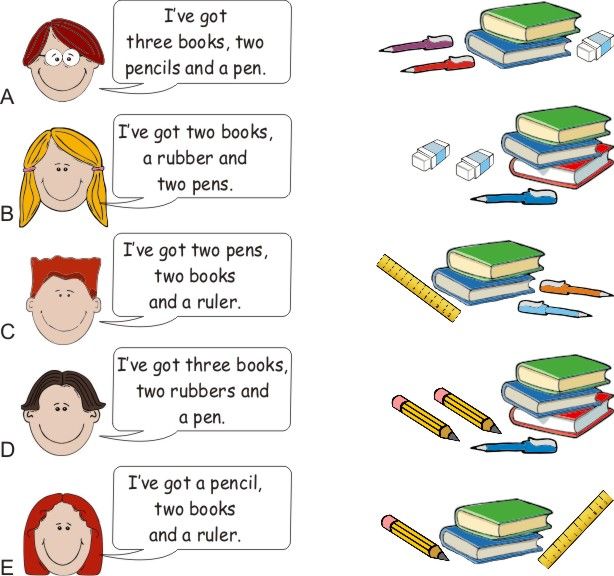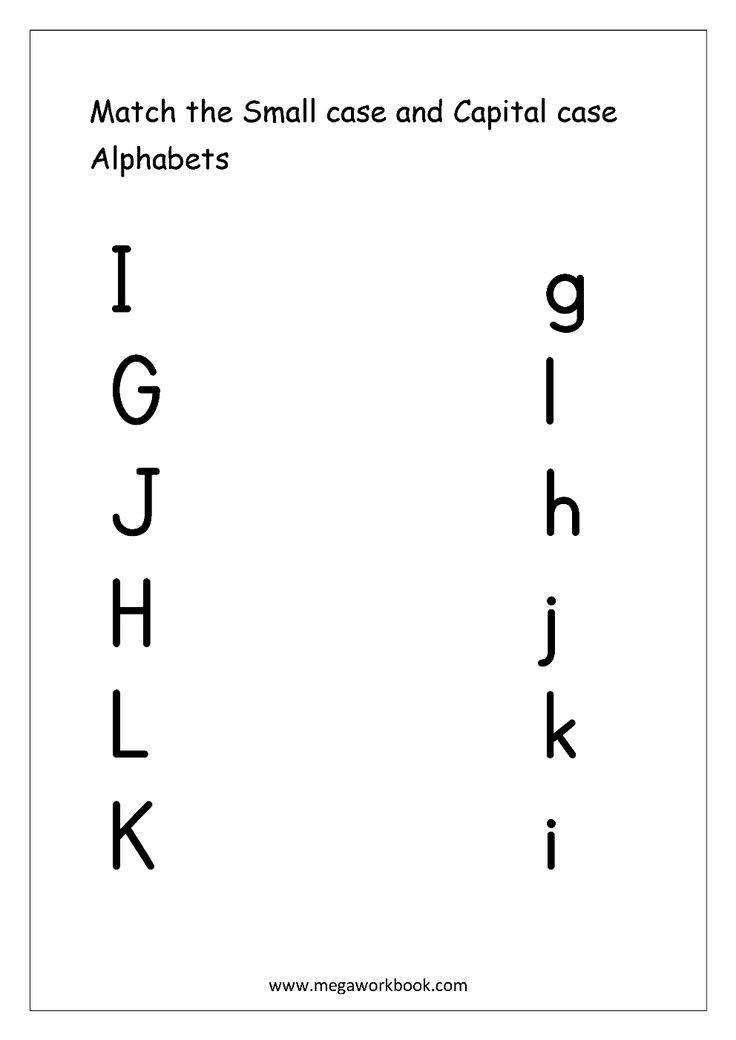Early literacy development
Early Literacy Development | LASC
Teach Children Your Love of Literature
Develop your love of children’s literature into a career through the Early Literacy Development Skill Certificate. You’ll build skills in promoting literacy in young children and create a strong foundation in early reading and writing. You’ll be proficient in the art of storytelling and presenting literature to others which are skills you can use as a teacher, librarian, or bookseller.
You’ll study written works of art, thoroughly examining literature written for children ages 8 and younger. If you’re a word nerd or bibliophile, this is a great start to your future career in books, with an emphasis in children’s prose.
Careers in Early Literacy Development
If you love books and children’s literature, the Skill Certificate in Early Literacy Development will help you whether you choose to pursue a teaching credential, seek a quieter career inside a library, wish to write your own children’s works, or want to help develop school district’s or organization’s literacy programs.
Here are some possible occupations you could have through having an Early Literacy Development Skill Certificate:
Career information below is taken from bls.gov in November 2019. Go to bls.gov for most current career information.
Help people find information and conduct research for personal and professional use.
National data
| Typical Education Level: | Salary: | Hourly Median Wage: |
|---|---|---|
| Master’s Degree | $59,050 | $28.39/hour |
| Work Experience in a Related Occupation: | Job Outlook 2018-2028: | Number of Jobs 2018: |
| None needed | 6% increase (as fast as average) | 134,800 |
Develop written content for various types of media.
Data for Los Angeles/Long Beach/Anaheim
| Typical Education Level: | Salary: | Hourly Median Wage: |
|---|---|---|
| Bachelor’s Degree | $62,170/year | $29.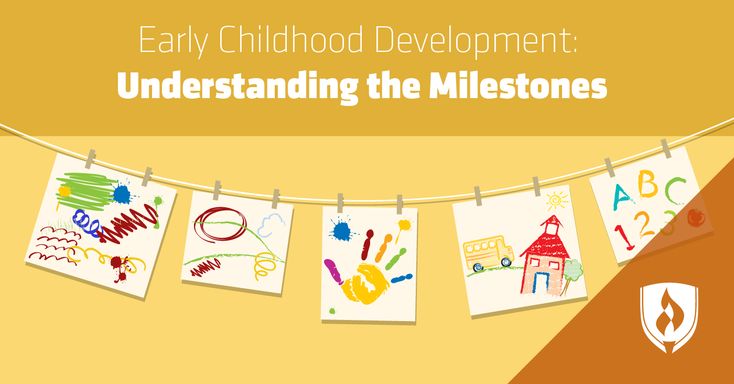 89/hour 89/hour |
| Work Experience in a Related Occupation: | Job Outlook 2018-2028: | Number of Jobs 2018: |
| None needed | 0% increase (little or no change) | 123,200 |
Instruct young students in basic subjects in order to prepare them for future schooling.
Data for Los Angeles/Long Beach/Anaheim
| Typical Education Level: | Salary: | Hourly Median Wage: |
|---|---|---|
| Bachelor’s Degree | $57,980/year | $27.85/hour |
| Work Experience in a Related Occupation: | Job Outlook 2018-2028: | Number of Jobs 2018: |
| None needed | 3% increase (as fast as average) | 1,569,000 |
Oversee school curricula and teaching standards; develop instructional material, implement it, and assess its effectiveness.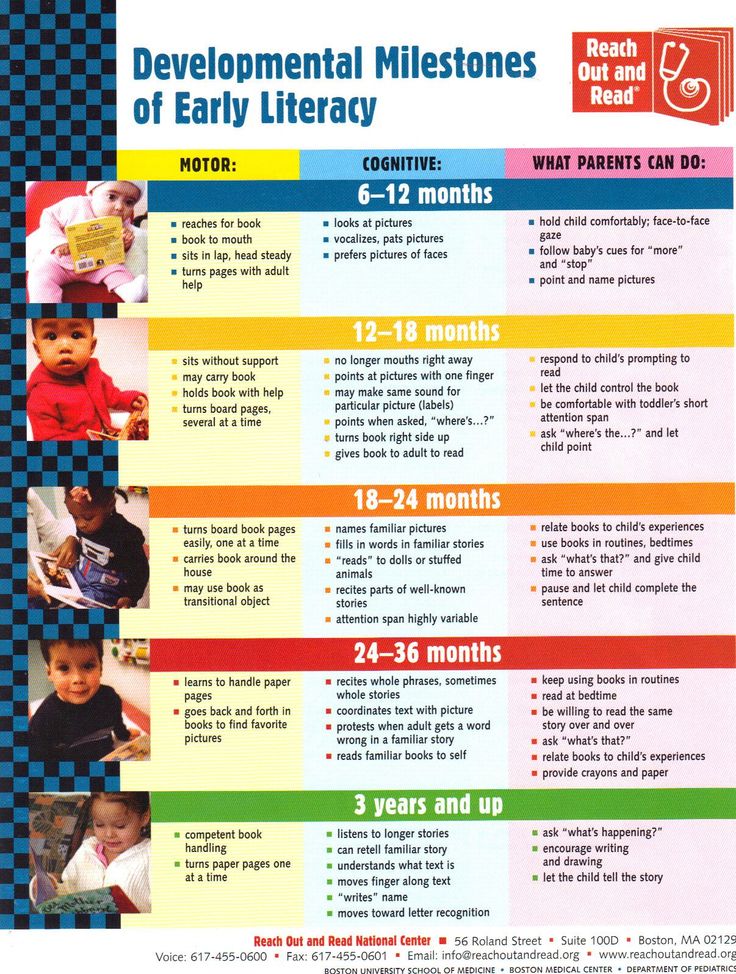
National data
| Typical Education Level: | Salary: | Hourly Median Wage: |
|---|---|---|
| Master's Degree | $64,450/year | $30.98/hour |
| Work Experience in a Related Occupation: | Job Outlook 2018-2028: | Number of Jobs 2018: |
| 5 years or more | 6% increase (as fast as average) | 181,600 |
What You’ll Learn at LASC in Early Childhood Curriculum
With your Skill Certificate in Early Literacy Development Curriculum, you’ll be on your way to a career in early childhood education. You can also apply the skills you’ve learned to a career as a teacher or continue your education and get your teaching credentials or a bachelor’s degree in a related field:
- Advance your knowledge in the creation of a curriculum in early childhood education so you will know the core principles, strategies, techniques, and outcomes behind a successful and engaging curriculum.

- Understand the new trends and strategies within early childhood development so you can help foster a love of learning in young children.
- Want to get a bachelor’s degree? If you haven’t received your associate degree, you can get yours in Child Development at LASC! We also have an Associate in Science in Early Childhood Education for Transfer degree that gives you guaranteed admission into a CSU and some UCs! Save money on your first two years of college learning from thought-provoking faculty before transferring to a four-year college or university. Visit your academic counselor to find out more.
Degrees & Courses You Will Take
Review LASC’s Skill Certificate in Early Literacy Development, along with our suggested course of study for this program. Go to LASC’s current Course Catalog for specific course information:
Total Units Required: 15
| Required Courses: | Units |
|---|---|
| CH DEV 1 Child Growth and Development | 3 |
| CH DEV 2 Early Childhood: Principles and Practices | 3 |
| CH DEV 11 Child, Family, and Community | 3 |
| CH DEV 17 The Growing Brain II: From Birth to Five Years Old | 2 |
| CH DEV 35 Fostering Literacy Development in Young Children | 3 |
| CH DEV 36 Literature for Early Childhood | 1 |
| CH DEV 37 Literature for School-Age Children | 2 |
| TOTAL UNITS | 17 |
Get Ready Before You Start
Interested in a career in teaching or promoting education? Before your first class starts at LASC, you can start preparing for your early childhood education career:
- Make an appointment with your LASC academic counselor to review LASC’s program, develop a Student Education Plan (SEP), and discuss your career goals to see if getting an associate or even transferring to a four-year college or university may be beneficial for you goals for your future.
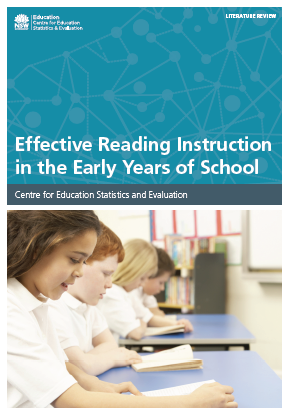
- Still in high school? Contact local daycare and child development centers, elementary schools and preschools to see if you could observe for an afternoon to watch teachers and childcare workers in action. Talk with your high school counselor to see if they can recommend any local opportunities that you could be a part of.
Grants
Make the most with your time at LASC, and gain career experience while meeting and working with others who want to further their knowledge and experience for a thriving career in child development:
Child Development Teacher Grant - get money to help pay for your child development education so you can enter the field of childcare and development in a licensed children’s center.
Child Development
Office Hours and Location
Mondays to Fridays: 8:00AM - 4:30PM
Saturdays to Sundays: Closed
Child Development Center, Room 210
Contact
Dr. La Shawn Brinson, Chair
Email: brinsoll@lasc. edu
edu
Phone: (323) 241-5023
LASC Employee Directory
What is Early Literacy? | Lexington Public Library
Home » Services » Kids » What is Early Literacy?
Early literacy does not mean teaching young children how to read. Instead, it means helping children develop the skills they will need to become successful readers. Early literacy activities build rich language skills: vocabulary, self-expression, and understanding (comprehension). These skills help children make sense of printed words when they start reading.
Children’s Librarians have identified five early literacy practices that help children get ready to read. Here is a list of the five early literacy practices, and some activities you can do with your child to develop his or her language skills:
Playing | Singing | Reading | Talking | Writing
Playing Children learn how to express themselves when they play. They also discover the meaning of words, and how to tell stories. When they learn new words through play, they will recognize those words in print when they start reading. Learning how to tell stories builds reading comprehension.
When they learn new words through play, they will recognize those words in print when they start reading. Learning how to tell stories builds reading comprehension.
- Let your child play dress-up with old clothes, hats, and jewelry.
- Act out favorite stories with stuffed animals or puppets.
- Play with blocks. You can pretend you are building castles, skyscrapers, or whatever you like.
Singing helps children hear how words can be broken down into smaller parts. This skill will help them sound out words when they start reading on their own. Songs also teach new vocabulary, and introduce new concepts.
- Sing lullabies at bedtime.
- Sing along with children’s CDs. The library has a great selection.
- Many picture books illustrate popular children’s songs. Ask a librarian to help you find books you can sing together.
Reading with your child is one the best ways to help children get ready to read on their own. The language in books is much richer than the language we use every day. This means reading expands your child’s vocabulary. Hearing lots of “rare words” in early childhood will help your child recognize words in print when he or she starts reading. This means he or she will understand what they read.
The language in books is much richer than the language we use every day. This means reading expands your child’s vocabulary. Hearing lots of “rare words” in early childhood will help your child recognize words in print when he or she starts reading. This means he or she will understand what they read.
- Read with your child every day!
- Read package labels at the grocery store.
- Point out words and letters as you read to your child.
Talking with your child is one the best ways to develop language and early literacy skills. Conversations help a child express thoughts, learn what words mean, and gain new information about the world. Talking also gives children a rich foundation of knowledge they can apply to their independent reading. The more children know about the world, the more words they will recognize on a printed page or digital screen.
- Ask your child open-ended questions. These are questions that can’t be answered with a simple “yes” or “no.
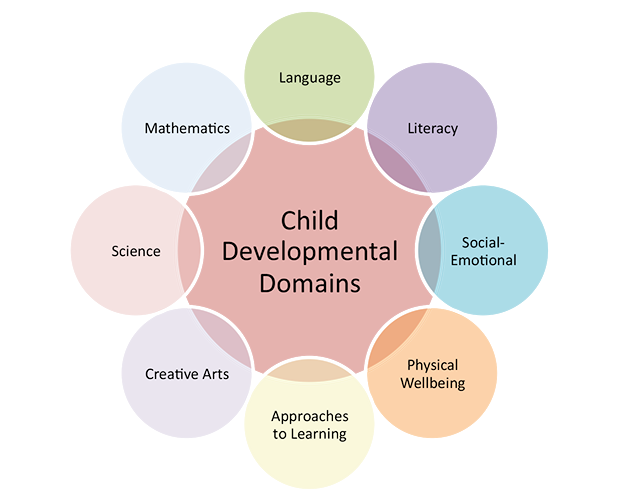 ”
”- What did you do at the park today?
- What will happen next in our story?
- If your child tells you a word, add more words. If your child says “fire truck,” reply, “Yes, that’s a big, red fire truck. It has a siren on top. The siren makes a loud noise to tell people to get out of the way. The fire truck is going to help people.”
- Talk about your daily routines as you do them. For example, “We are going to make dinner. First we get the ingredients out. The ingredients are the things we use to make our food. Then we get the pots, pans, and measuring cups. Can you help me measure the ingredients and put them in the pot?”
Writing activities help children learn letter names and sounds. Writing, or scribbling and drawing, also helps children learn that marks on paper represent spoken language. This knowledge will help them decode words on pages and screens when they start reading.
- Let your child help you write a grocery list.
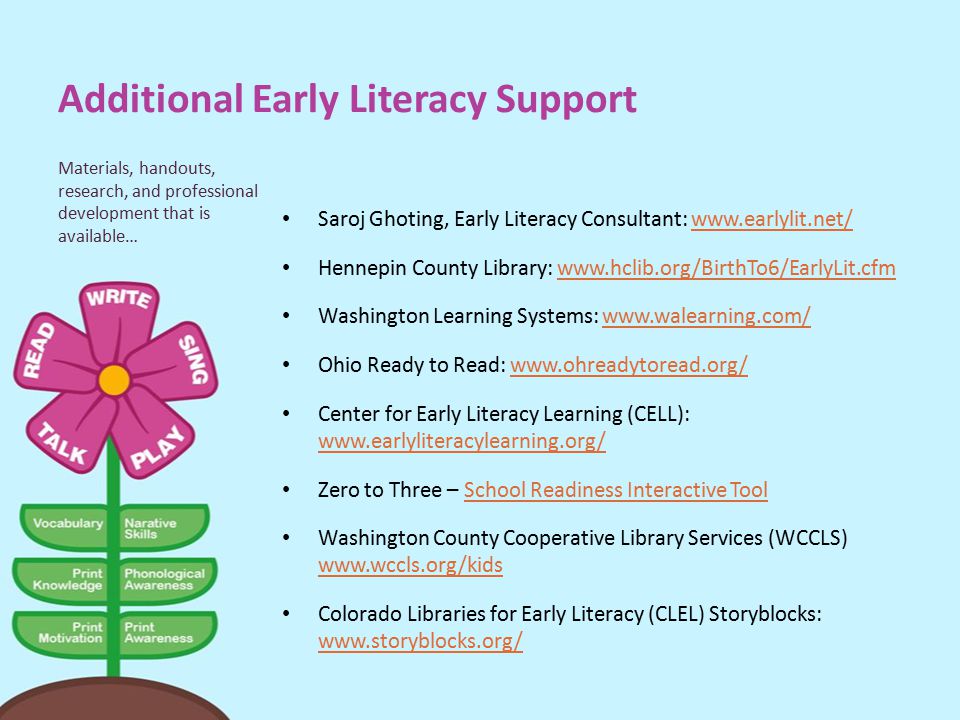
- Ask your child to draw a picture of everything in his/her room. Help your child write the name of each object in the room.
- Help your child write name tags for his/her stuffed friends.
Literacy and its Impact on Child Development: Comments on Articles Tomblin and Sénéchal
Introduction
The concept of “literacy” has taken center stage in early education only in the past decade. Prior to this, experts rarely considered literacy as a critical aspect of the healthy growth and development of young children. The current level of reading problems among schoolchildren remains unacceptably high. The data show that about 40% of fourth grade students have difficulty reading even at the elementary level, and that there are a disproportionate number of poor children and children from ethnic or racial minorities among children with reading problems. nine0007 1 A paradigm shift over the past decade, spurred by the 1998 publication Prevention of Reading Difficulties in Young Children by the United States National Research Council, has emphasized the importance of early education as a context within which addressing the identified urgent issues is likely to be effective.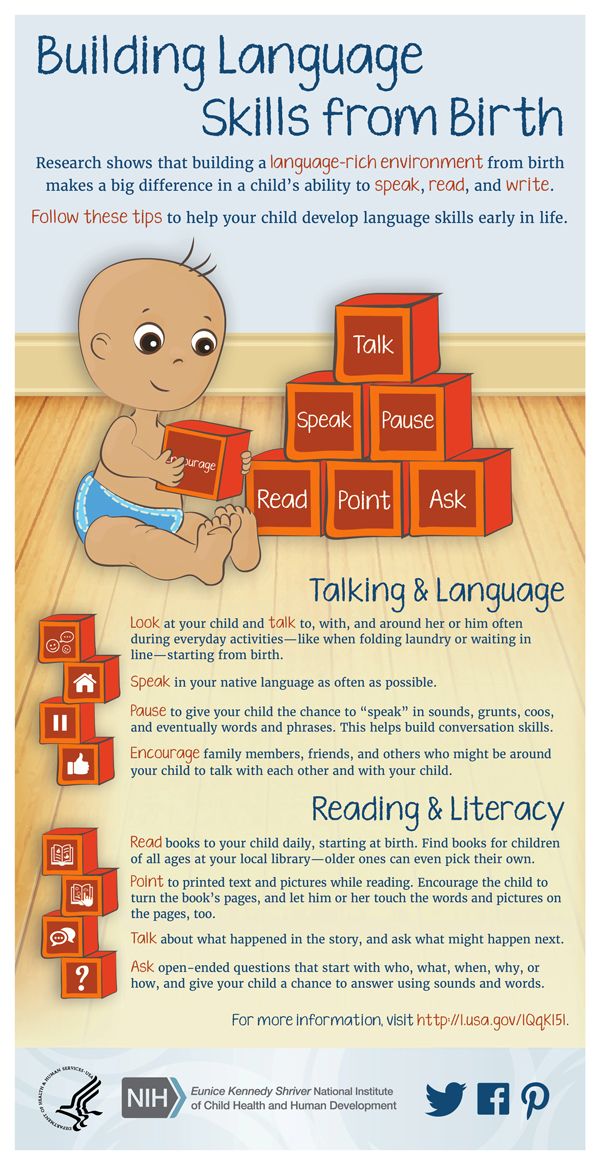 Early childhood education is the period during which young children develop skills, knowledge and interest in the symbolic and semantic foundations of written and spoken language. In this paper, I interpret these abilities and interests as "pre-literacy" abilities in order to emphasize their role as precursors of traditionally understood literacy. To date, attention to pre-literacy as an integral element of early childhood education stems from two emerging areas of research that show that:
Early childhood education is the period during which young children develop skills, knowledge and interest in the symbolic and semantic foundations of written and spoken language. In this paper, I interpret these abilities and interests as "pre-literacy" abilities in order to emphasize their role as precursors of traditionally understood literacy. To date, attention to pre-literacy as an integral element of early childhood education stems from two emerging areas of research that show that:
- Individual differences in pre-literacy skills among children are meaningfully important – early-onset differences contribute significantly to longitudinal measures of reading performance; 2
- The prevalence of reading problems is more likely to be affected by prevention than by remedial education, because if a particular child falls behind in reading in primary school, it is more likely that a return to healthy progress will not occur. nine0007 3
Research and findings
Experts Tomblin and Seneschal discuss current and important aspects of the current literature on the development of pre-literacy and its short- and long-term relationships with other age-related competencies.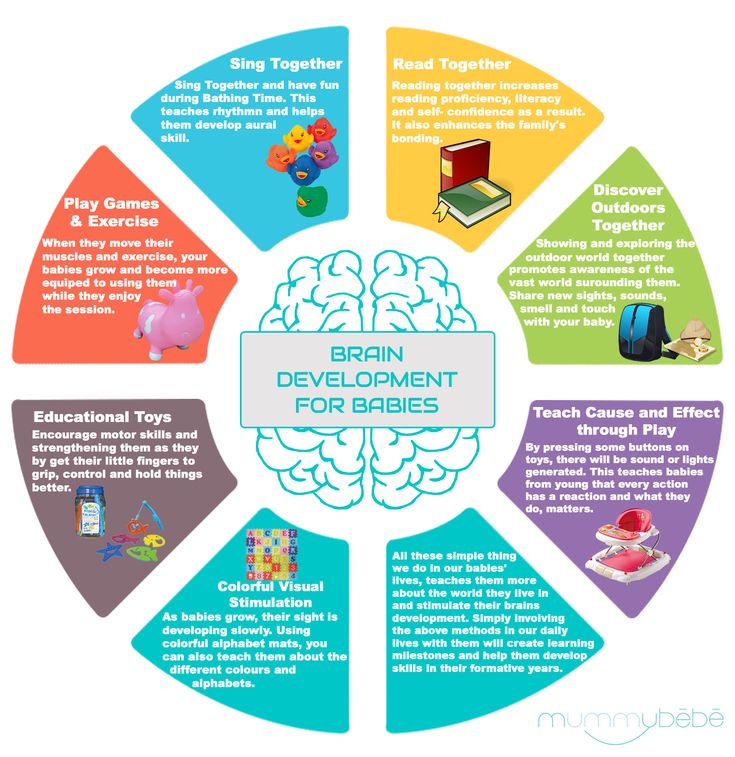 According to my reading of the text of their papers, there are three critical areas that require further development: decoding predictors, the language-literacy relationship, and the role of temperament and motivation.
According to my reading of the text of their papers, there are three critical areas that require further development: decoding predictors, the language-literacy relationship, and the role of temperament and motivation.
First, the current cumulative research literature on the development of early literacy skills and the relationship of this development to later reading outcomes identifies three unique predictors of reading competence: phonological processing, knowledge of printed letters and what they are used for, and spoken language. 2 While the first two aspects directly prepare children for acquiring word skills (eg decoding), the third aspect prepares them for text comprehension with little or no effect on decoding. Tomblin aptly points out that reading competence requires both decoding skills and comprehension skills, and the Seneschal emphasizes that children need to first "learn to read" before "reading to learn." It should be understood that the relationship between the two aspects of reading is multiplicative—meaning that both sides of the equation (Decoding x Comprehension = Reading) require any value other than 0 for the reading to be functional. nine0007 4 Both Tomblin and the Seneschal do not emphasize enough the importance of developing early decoding precursors in children. Children will never be able to read to learn (i.e. understand) unless they are able to successfully decode. Children who start learning basic reading with inadequate pre-literacy skills will not be able to keep up with decoding educational information, which will slow down the final transition to reading for the sake of understanding the meaning of what they read. Early education is a period during which educators can almost easily improve children's chances of learning to become a reader by gaining initial alphabetic skills (printing and phonological awareness) that will enable children to benefit from the process of decoding directions while learning. nine0005
nine0007 4 Both Tomblin and the Seneschal do not emphasize enough the importance of developing early decoding precursors in children. Children will never be able to read to learn (i.e. understand) unless they are able to successfully decode. Children who start learning basic reading with inadequate pre-literacy skills will not be able to keep up with decoding educational information, which will slow down the final transition to reading for the sake of understanding the meaning of what they read. Early education is a period during which educators can almost easily improve children's chances of learning to become a reader by gaining initial alphabetic skills (printing and phonological awareness) that will enable children to benefit from the process of decoding directions while learning. nine0005
Second, both Tomblin and Seneschal emphasize the importance of the role of spoken language in literacy development, although they do not emphasize the relationship between literacy and language development. Scholars are increasingly inclined to view the integrative relationship between language and literacy as interdependent. Engaging children in literacy-related activities, such as reading a storybook or listening to rhymes, requires a metalinguistic focus that focuses on spoken or written language. The continuous involvement of children in literacy classes and their growing tendency to consider language as an object of attention are becoming the first routes of language development. Once children begin to read, even at the most elementary level, reading texts becomes the richest source of new words and concepts, complex syntax, and narrative structures that stimulate further language development. In short, literacy is the most important vehicle for the development of language competencies in children, both in the preschool period and during the periods of initial and subsequent schooling. The relationship between language and literacy is more than a one-way street – language provides a platform for the exploration and experiential learning of written language, which in turn shapes children's later language competencies.
Scholars are increasingly inclined to view the integrative relationship between language and literacy as interdependent. Engaging children in literacy-related activities, such as reading a storybook or listening to rhymes, requires a metalinguistic focus that focuses on spoken or written language. The continuous involvement of children in literacy classes and their growing tendency to consider language as an object of attention are becoming the first routes of language development. Once children begin to read, even at the most elementary level, reading texts becomes the richest source of new words and concepts, complex syntax, and narrative structures that stimulate further language development. In short, literacy is the most important vehicle for the development of language competencies in children, both in the preschool period and during the periods of initial and subsequent schooling. The relationship between language and literacy is more than a one-way street – language provides a platform for the exploration and experiential learning of written language, which in turn shapes children's later language competencies.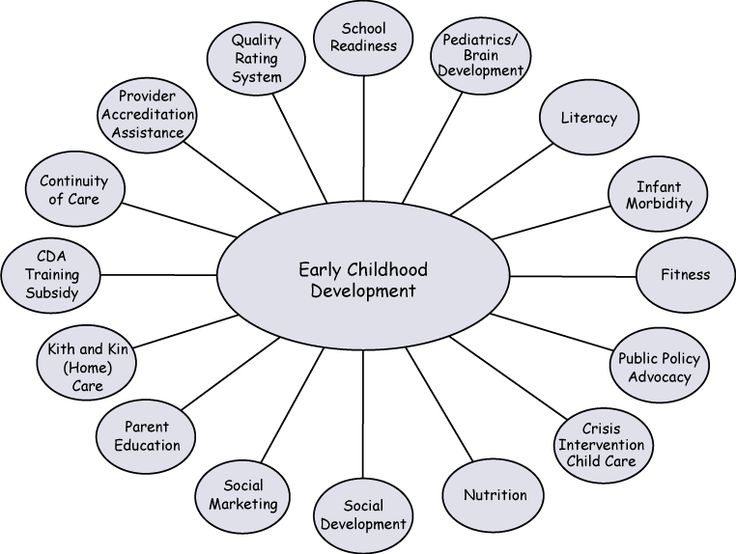 nine0005
nine0005
Third, further consideration needs to be given to the role of temperament and motivation in influencing children's achievement and experience in teaching pre-literacy skills, as Tomblin and Seneschal's findings are insufficient. Tomblin notes overlap between internalizing behaviors (such as anxiety and depression) and literacy difficulties, and Seneschal notes that some children may avoid reading, especially those who feel they do not read well enough. The role of early motivation, self-esteem, and temperament in the development of pre-literacy requires more attention overall, especially when we consider opportunities to stimulate other intrinsic competencies (eg, phonological processing and vocabulary) in prevention programs. Most early education educators know that motivating children to become literate is one of the most important contributions to successful pre-literacy. By trying to experience literacy on their own or in the context of interacting with others, children themselves correct the process of developing pre-literacy! A small, though largely consistent, body of research shows that children's motivation and engagement in literacy activities varies greatly for each child and is relatively related to the individual child's benefit from the activity.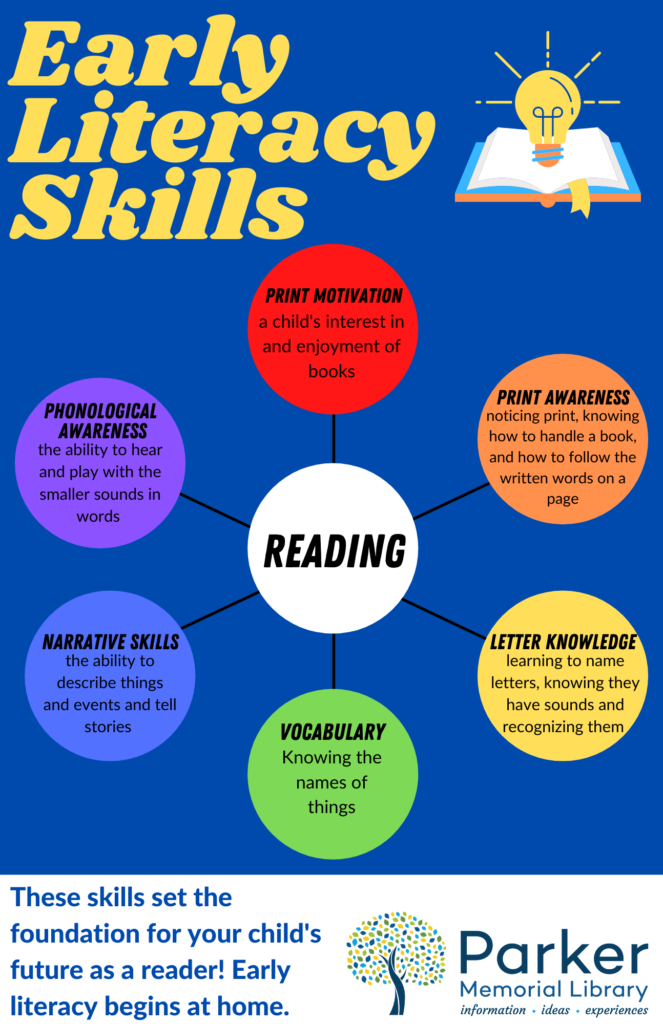 nine0007 5 Some children actively resist pre-literacy experiences, such as reading a storybook, and children with poor language skills or children who do not receive any literacy experiences at home are more likely to resist involvement in development activities. The scientific literature is still unable to explain why some children resist participation in literacy classes and how this resistance generally correlates with the child's temperament. However, approaches to encouraging young children to become involved in literacy activities and motivate them to become literate need to be considered as one of the most important characteristics of developing effective interventions. nine0005
nine0007 5 Some children actively resist pre-literacy experiences, such as reading a storybook, and children with poor language skills or children who do not receive any literacy experiences at home are more likely to resist involvement in development activities. The scientific literature is still unable to explain why some children resist participation in literacy classes and how this resistance generally correlates with the child's temperament. However, approaches to encouraging young children to become involved in literacy activities and motivate them to become literate need to be considered as one of the most important characteristics of developing effective interventions. nine0005
Recommendations for policy makers and services
Modern perspectives for policy makers and services emerge from three scientific findings reported in the literature. First, children with an underdeveloped oral language base will be very vulnerable in the context of acquiring reading competence, which in turn hinders continuous language development. Secondly, it is much more difficult to correct existing reading problems than to prevent them. Third, it appears possible to increase children's chances of acquiring literacy skills through high-quality, intensive, systemic pre-literacy programs implemented in pre-schools and kindergartens before children develop reading problems. nine0005
Secondly, it is much more difficult to correct existing reading problems than to prevent them. Third, it appears possible to increase children's chances of acquiring literacy skills through high-quality, intensive, systemic pre-literacy programs implemented in pre-schools and kindergartens before children develop reading problems. nine0005
Integrating policy, practice and research
Significant gaps remain in integrating policy, practice and research, and in producing research that can be safely applied to existing programs. Tomblin emphasizes the need for further research into the mechanisms that cause literacy problems in children with language difficulties. Research into these mechanisms is one of the most developed and well-funded areas of research in the United States, and has unequivocally shown the importance of spoken language, phonological processing, and capitalization commonly associated with a child's ability to read. What is needed now is a closer look at ways to stimulate the linkage between policymaking, practice and research to ensure that current efforts to improve literacy rates in young children, especially those who start these programs with low levels of language and literacy, are effective.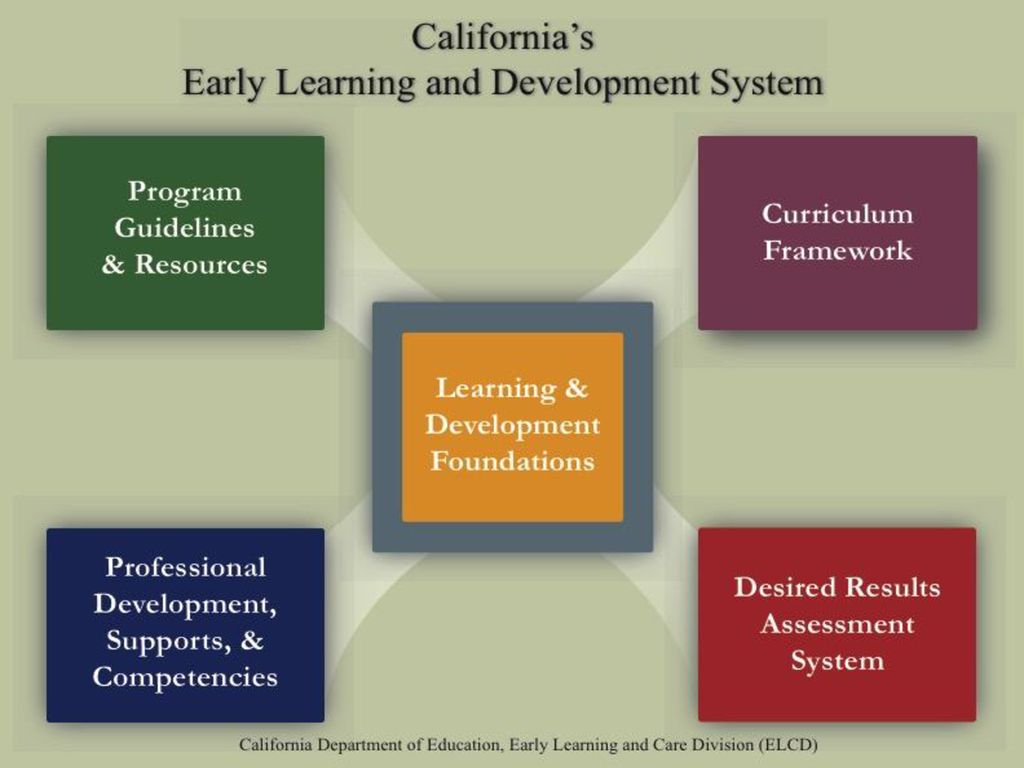 The Seneschal puts forward several evidence-based proposals to encourage the development of literacy skills in young children, such as word games and book reading. Further scrutiny should be given to the extent to which these activities are effective for children with poor language proficiency, have a longitudinal positive effect, and can be incorporated into existing interventions. nine0005
The Seneschal puts forward several evidence-based proposals to encourage the development of literacy skills in young children, such as word games and book reading. Further scrutiny should be given to the extent to which these activities are effective for children with poor language proficiency, have a longitudinal positive effect, and can be incorporated into existing interventions. nine0005
Does quality matter?
Policy makers, practitioners and researchers have rarely considered the importance of the quality of interaction between adults and children in relation to literacy, whether it be word games or book reading. Theories of the development of pre-literacy skills in children suggest that the quality of the interaction is of great importance because children's skills progress faster and more easily in the course of such learning interaction, which is characterized by empathetic, responsive and under-involved adults. When implementing systematic, evidence-based remedial interventions aimed at early literacy development, the quality of these interventions by the teacher can vary significantly, and these differences, apparently, are the cause of a significant difference in the level of literacy of children.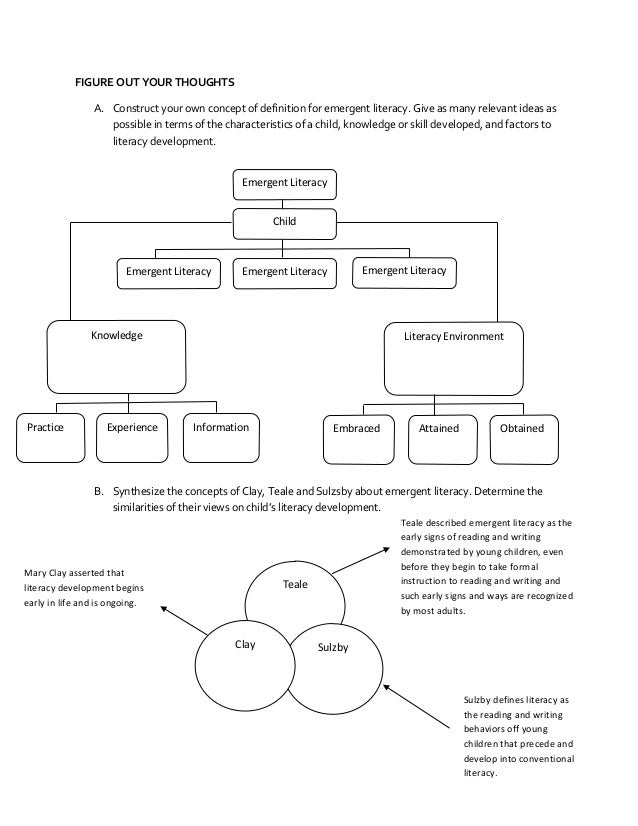 When we develop policies and services to serve young children to reduce the risk of reading difficulties through remedial programs, we must ensure that children's relationships and interactions with adults are of high quality, providing a context within which knowledge, skills and interests are developed. . nine0005
When we develop policies and services to serve young children to reduce the risk of reading difficulties through remedial programs, we must ensure that children's relationships and interactions with adults are of high quality, providing a context within which knowledge, skills and interests are developed. . nine0005
Literature
- National Assessment of Education Progress. The Nation's Report Card. Available at: http://nces.ed.gov/nationsreportcard/. Accessed February 4, 2005.
- Storch SA, Whitehurst GJ. Oral language and code-related precursors to reading: Evidence from a longitudinal structural model. Developmental Psychology 2002;38(6):934-947.
- Juel C, Griffith PL, Gough PB. Acquisition of literacy: A longitudinal study of children in first and second grade. nine0064 Journal of Educational Psychology 1986;78(4):243-255.
- Gough PB, Tunmer WE. Decoding, reading, and reading disability. RASE: Remedial and Special Education 1986;7(1):6-10.
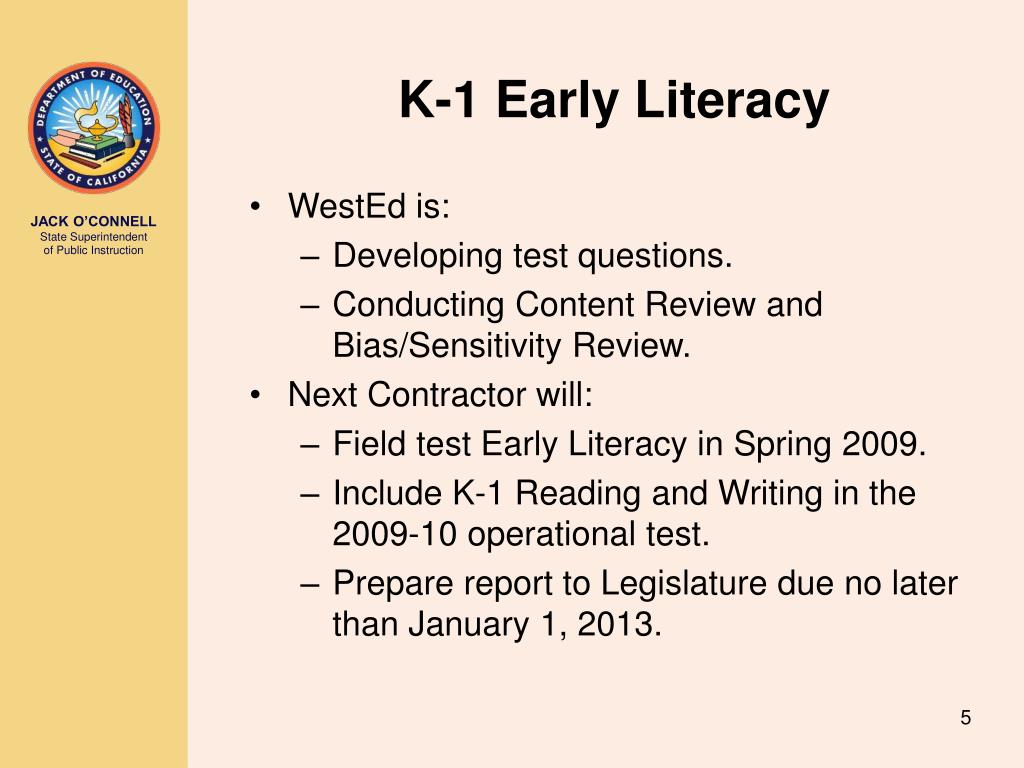
- Justice LM, Chow SM, Capellini C, Flanigan K, Colton S. Emergent literacy intervention for vulnerable preschoolers: Relative effects of two approaches. American Journal of Speech-Language Pathology 2003;12(3):320-332.
Note:
Comments on original research published by Monique Seneschal in 2005. To access this article, please contact us at [email protected].
Early development of literacy skills in preschoolers using virtual and computer technologies
Authors : Simonova Alisa Dmitrievna, Bogdanova Yulia Evgenievna nine0005
Heading : Pedagogy
Posted by in young scientist #34 (376) August 2021
Publication date : 22.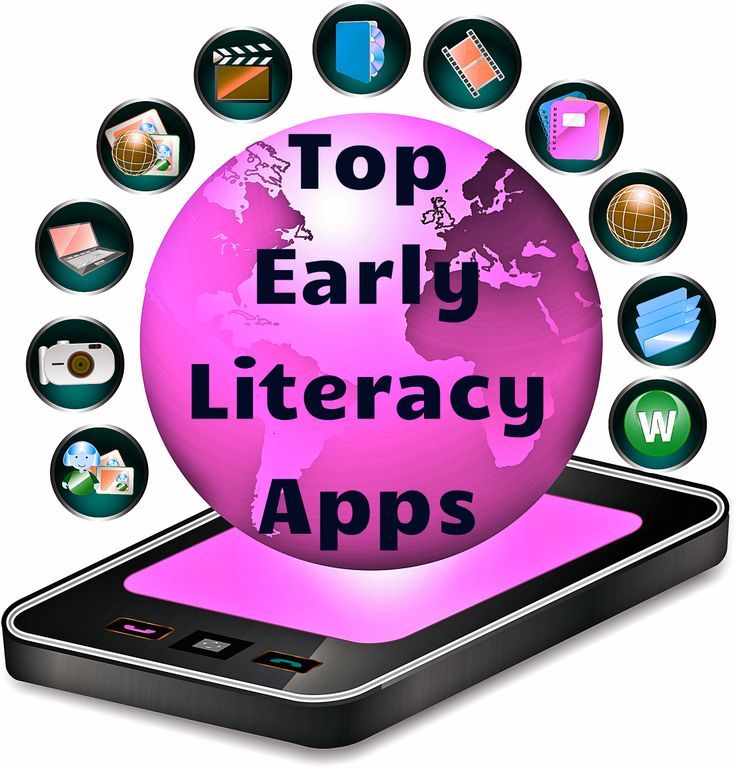 08.2021 2021-08-22
08.2021 2021-08-22
nine0090 Article viewed: 20 times
Download electronic version
Download Part 2 (pdf)
References:
Simonova, A.D. Early development of literacy skills in preschoolers using virtual and computer technologies / A.D. Simonova, Yu.E. Bogdanova. - Text: direct // Young scientist. - 2021. - No. 34 (376). — S. 168-170. — URL: https://moluch.ru/archive/376/83697/ (date of access: 01/14/2023).
The paper considers the features of the development of literate writing skills in preschoolers through the use of computer technology. The authors conclude that early-life literacy interventions have, on average, modest positive outcomes across program types and outcome measures and across languages with varying spelling depth.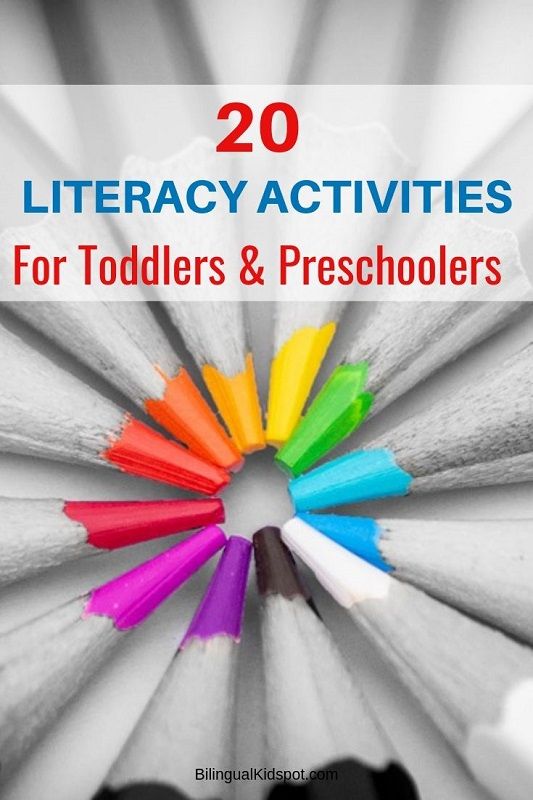 If the intervention is part of an integrated learning system in the classroom in a preschool educational institution, then their effect is even higher. Accordingly, the organization of interaction with preschoolers using ICT and virtual technologies in the framework of developing their early literacy skills will be most effective if these classes are integrated into the educational process. nine0065
If the intervention is part of an integrated learning system in the classroom in a preschool educational institution, then their effect is even higher. Accordingly, the organization of interaction with preschoolers using ICT and virtual technologies in the framework of developing their early literacy skills will be most effective if these classes are integrated into the educational process. nine0065
Keywords : literate writing, preschoolers, phonological knowledge, native language, metalinguistic skills.
From a very early age, children learn literacy in a communicative environment, using a wide range of language games and reading stories. Various models have been proposed in the literature to define the knowledge and skills that are involved in early literacy. Researchers have suggested that early literacy combines extrinsic and intrinsic processes, with the former associated with language understanding and background knowledge and the latter with procedural knowledge associated with phonological knowledge and letter awareness. A distinction has also been made between language skills, metalinguistic skills, and basic literacy skills, and early literacy itself has been defined as a construct of partially overlapping components related to language, phonological knowledge, and printed knowledge, and argues that each of these has its own developmental trajectory [ 3]. nine0005
A distinction has also been made between language skills, metalinguistic skills, and basic literacy skills, and early literacy itself has been defined as a construct of partially overlapping components related to language, phonological knowledge, and printed knowledge, and argues that each of these has its own developmental trajectory [ 3]. nine0005
Communication and language can be seen as the common foundation on which the emergence of literacy is built. Phonological awareness - or the ability to perceive the sounds of a language regardless of meaning - is usually considered a conditional condition for learning to read. To learn the alphabetic principle, children must recognize the segmental nature of speech and learn that words are made up of phonemes, to which letters can be assigned. Although implicit language sensitivity begins at an early age, there has been a sharp jump in the development of phonological awareness during preschool and kindergarten. This is often facilitated by games that help children focus on the phonological components of the language.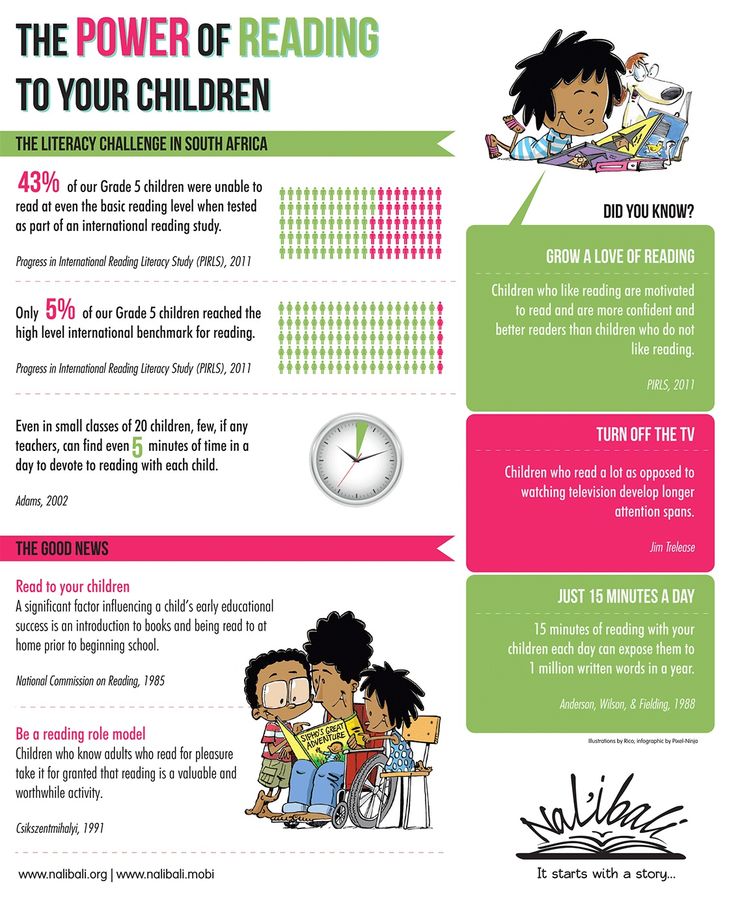 nine0005
nine0005
Given the intrinsic link between phonological awareness and literacy, it is hypothesized that combined teaching of letters and sounds may be even more effective. In addition, it has been argued that early literacy education should be offered to children in a meaningful context. Research has indeed shown that interactive activities while reading fairy tales can help children gain insight into the function and structure of written language.
The last two decades have seen a huge influx of computer programs that promote early literacy in children. Review studies have shown that such programs are promising in that an individualized approach can be offered in response to the needs of the individual child. While technology-based learning has become mainstream in many schools, it is far from clear under what conditions programs are most effective. It is also unclear whether the effects of early literacy treatment are sensitive to the language with which they are associated [3].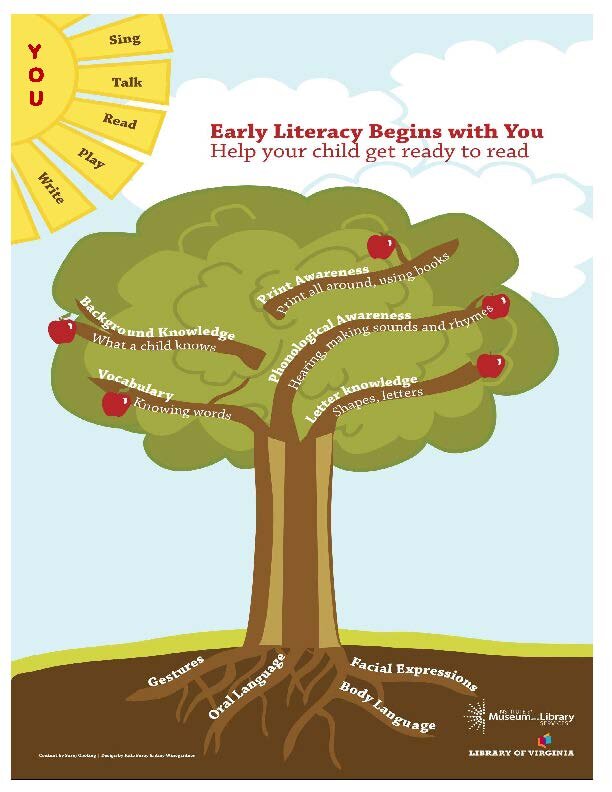 nine0005
nine0005
Older research has focused on literacy in English, which can be considered opaque spelling, while more recent research has also focused on early literacy in more transparent languages through technology.
When children are engaged in a literate environment, they have the opportunity to learn that print carries meaning, that written texts can have different forms and functions, and that ideas can be expressed in ordinary writing. In the case of alphabetic languages, children learn that words are made up of phonemes, which can be represented by letters. There is general agreement that, in the case of alphabetic writing systems, the acquisition of literacy involves the rediscovery of the principles of phonological recoding, with phonological awareness as a key component. Phonological awareness refers to accessing and understanding the sound structure of spoken language. Phonological awareness requires children to consciously comprehend the phonological segments of spoken words and systematically manipulate them. Thus, phonological awareness depends on the ability to focus attention on perceptual representations of speech. It can be estimated using segmentation, mixing, and speech sound manipulation measurement tasks. nine0005
Thus, phonological awareness depends on the ability to focus attention on perceptual representations of speech. It can be estimated using segmentation, mixing, and speech sound manipulation measurement tasks. nine0005
Research has shown that across languages, children follow more or less the same sequence in the development of phonological awareness from access to larger phonological units to smaller sound units. Indeed, it has been proven that the development of phonological consciousness progresses from the level of the syllable and the initial frost to the level of the phoneme [3]. Phoneme-level awareness, i.e. phonemic awareness, refers to the awareness of phonemes, the sounds of speech that are used to construct spoken words and distinguish between meanings. This is quite difficult for children due to the fact that phonemes are acoustically fleeting and therefore difficult to detect. Letters can facilitate the perception of phonemes and are considered essential for the transition to reading words and writing words.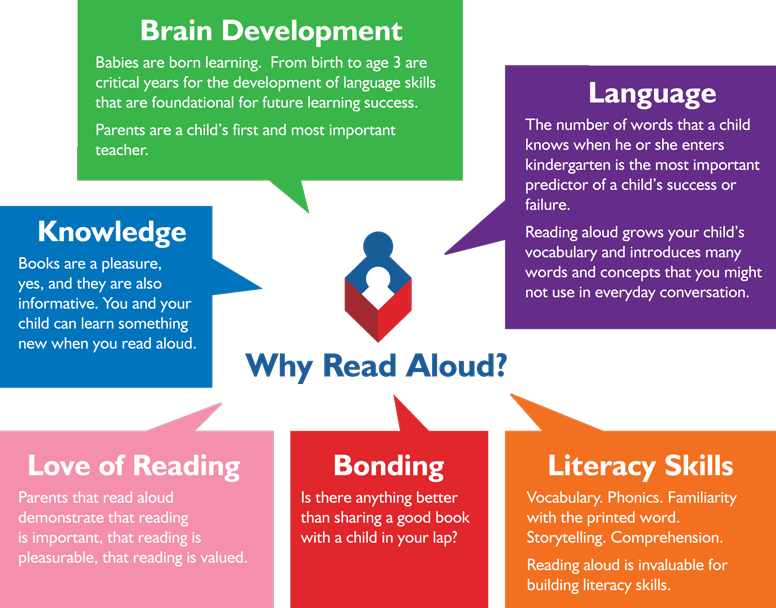 Therefore, it is important to consider the effects of teaching phonological awareness with and without the inclusion of letters. nine0005
Therefore, it is important to consider the effects of teaching phonological awareness with and without the inclusion of letters. nine0005
Previous research has shown that awareness of the sounds (syllables, sets, rhythms) in a word is associated with children's literacy development. Numerous studies have indeed shown an association between measures of phonological awareness applied in preschool or kindergarten and word recognition tests among the same children in first or second grade.
However, the connection can also be reversed in that the experience of literacy facilitates phonological awareness. Support was also given that the lack of phonological skills could cause difficulties in acquiring reading and writing skills. nine0005
Researchers have also paid considerable attention to the impact of computer-assisted early literacy activities in preschools. Based on the results of experimental studies, it was concluded that computers can have a beneficial effect on the development of literacy skills in preschool children. Significant advances in phonological awareness, literal knowledge, and early reading and spelling can be judged from early literacy computer activities. However, it should be noted that the results of the intervention remain behind the results of early literacy teaching in the classroom [1]. nine0005
Significant advances in phonological awareness, literal knowledge, and early reading and spelling can be judged from early literacy computer activities. However, it should be noted that the results of the intervention remain behind the results of early literacy teaching in the classroom [1]. nine0005
Accordingly, the use of educational technology can be more effective when materials are better integrated and aligned with the curriculum and provide a consistent foundation for each child. The training and retraining of preschool teachers can be seen as very relevant in order to help them integrate computer-based learning devices into preschool education.
Early literacy interventions on average show small positive results across program types and outcome indicators and across languages with varying depth of spelling. If the intervention is part of an integrated learning system in the classroom in a preschool educational institution, then their effect is even higher [4].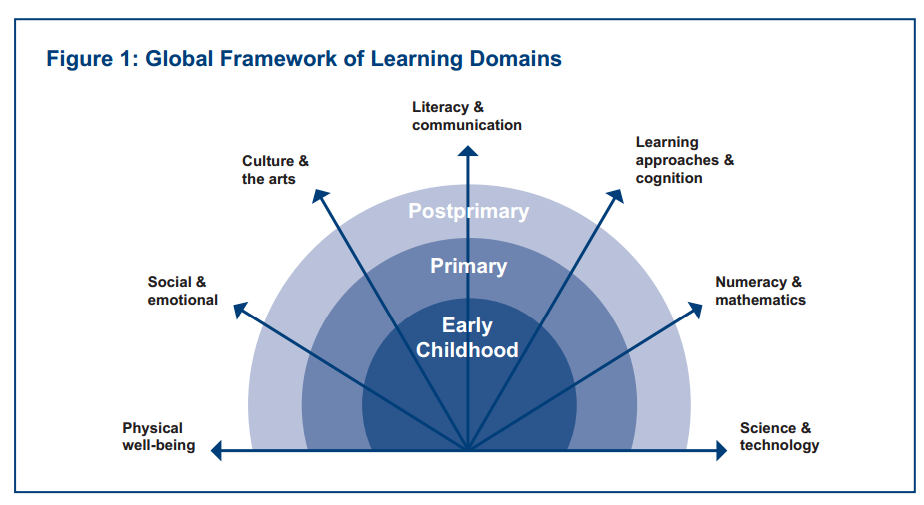 Accordingly, the organization of interaction with preschoolers using ICT and virtual technologies in the framework of developing their early literacy skills will be most effective if these classes are integrated into the educational process. nine0005
Accordingly, the organization of interaction with preschoolers using ICT and virtual technologies in the framework of developing their early literacy skills will be most effective if these classes are integrated into the educational process. nine0005
Literature:
- Abramova I.V. The need to introduce the basics of computer literacy in elementary school and preschool educational institution // International scientific journal "Symbol of Science". — No. 1–2. -2018. pp. 127–131.
- Kuznetsova O. V., Merkulova N. I. Information and communication technologies as a means of self-education and self-development of teachers // Standards and Monitoring in Education, No. 3, 2014, p. 17–27.
- Pershina E. D. Formation of functional literacy of a preschooler-Astana, 2011. nine0014
- Syabrenko A.P., Yulenkov S.E., Tynchenko V.S. Problems and prospects of informatization of modern preschool education in Russia // Reshetnev readings. — 2017, p.
 711–712.
711–712. - Yagodina, L. A. Methodological approaches to teaching a teacher-psychologist to use information and communication technologies in preschool education: author. dis.... cand. ped. Sciences: 13.00.02 / L. A. Yagodina. - M., 2010. -22 p.
Basic terms (automatically generated) : early literacy, phonological awareness, child, phonological awareness, early age, language, literate writing, kindergarten, primary focus, early learning.
Keywords
preschoolers, native language, smart writing, phonological knowledge, metalanguage skillsliterate writing, preschoolers, phonological knowledge, mother tongue, metalinguistic skills
Similar articles
Peculiarities of upbringing
children early ageIn early the baby has the fastest rates of both physical and0004 age is characterized by their high
Summing up, it can be noted that the main condition for the development of child early age .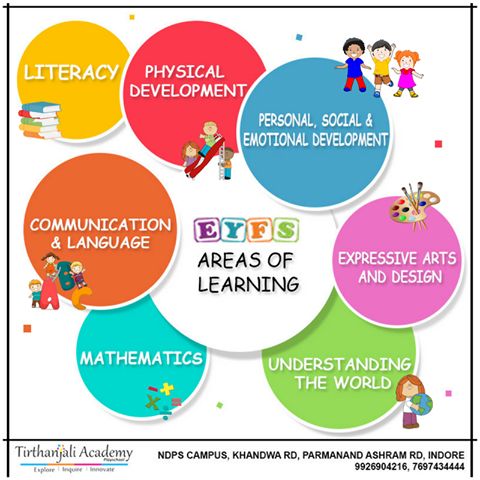 ..
..
Neurophysiological features of the process of reading junior ...
By phonological awareness is understood: the ability to distinguish basic
Phonological awareness is associated with the development of expressive speech and acts
Basic terms (automatically generated): left hemisphere, child , process ...
Speech readiness for school
children pre-school age Relevance of studying the features of speech development children preschool age
Main goal of speech development children are the formation of oral speech and skills
One of the main tasks of the methodology teaching Russian language in elementary school is the development of . ..
..
Features of speech therapy support for
children - foreign phones ...Features of logopedic support children foreigners of primary school age .
Despite the recognition of bilingualism at the state level in our country, process education does not have the character of a multicultural one - it does not take into account the situation of development of children .
Early literacy training - a necessity or a norm?
Specialists know that teaching how to write is very difficult for such children in the first grade. After all, it is precisely in this period that they master
In this regard, early diagnosis and timely provided corrective and speech therapy assistance children with general underdevelopment. ..
..
Teaching literacy and elimination of prerequisites for dysgraphia in children ...
At early stages of speech development words and phrases are pronounced by children babble, with very
Teaching these children without making significant changes in the methodology leads to
Written speech is formed on the basis of oral speech. Letter is a type of speech activity...
Features
early foreign language teaching preschoolersKey words: early education , preschool age , psychological characteristics of preschool children, foreign language , teaching methods .
The second group of scientists believe that early foreign education language is teaching children primary school age .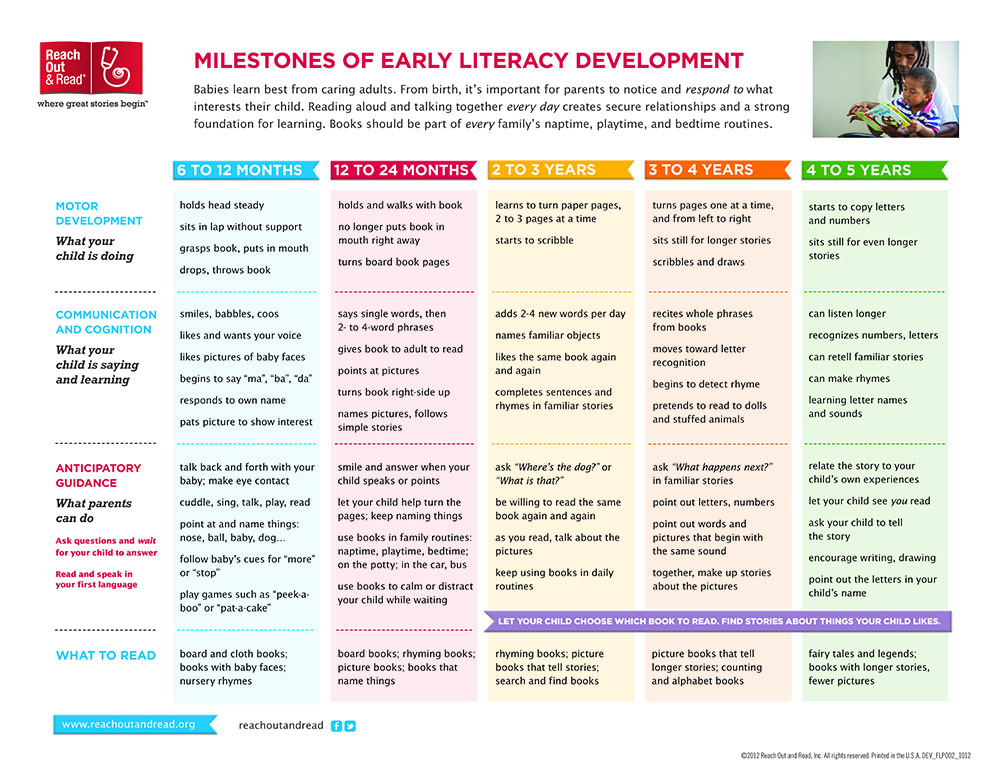
Preschool
age : language and culture | Journal article...Early learning of a second language affects the essence of the language ability of an individual, develops his thinking, prepares him for mastery in
Basic terms (automatically generated): language , cultural environment, child , child kindergarten , preschool, preschool age ...
Basic questions of speech development methodology: problems and approaches
Phonological aspect .
Basic content of the course of methodology for the development of children's speech - the formation of oral speech of the child , the skills of verbal communication with other people.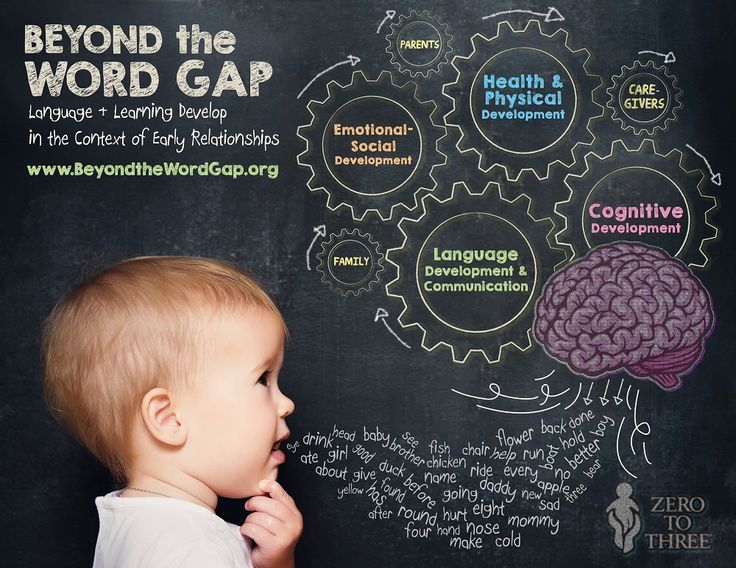
Teaching mother tongue in kindergarten kindergarten is carried out in different activities: in ...
Similar articles
Peculiarities of upbringing
children early ageAt an early age the baby has the fastest rates of both physical and
Due to the rapid pace of development for children early age age is characterized by high Neurophysiological features of the process of reading junior ...
Phonological awareness is understood as: the ability to distinguish basic
Phonological awareness awareness is associated with the development of expressive speech and acts
Basic terms (automatically generated): left hemisphere, child , process.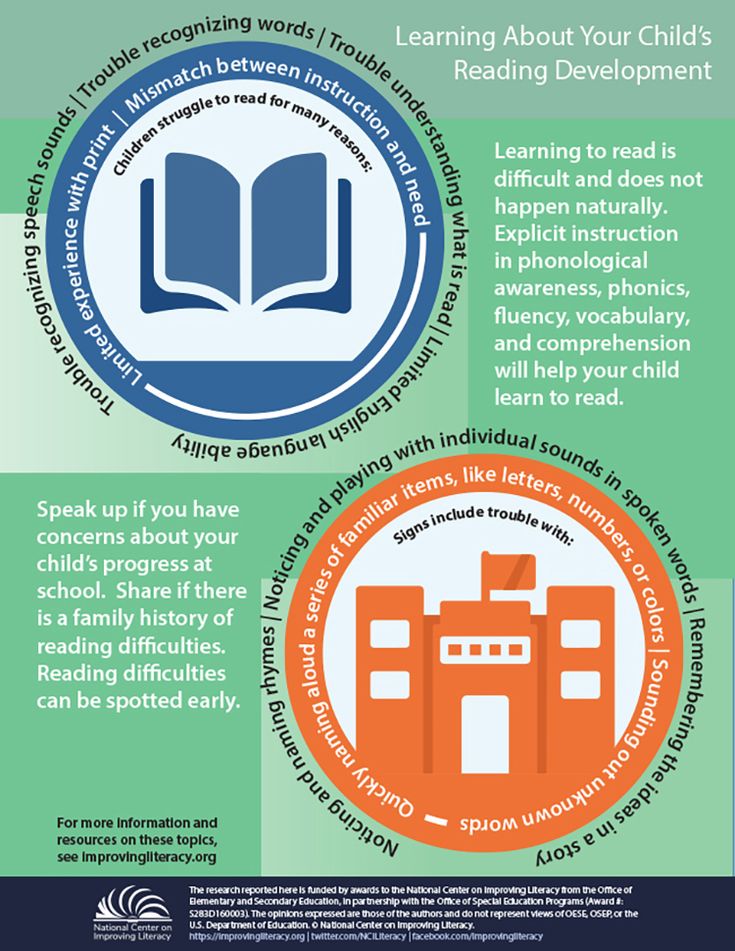 ..
..
Speech readiness for school
children pre-school age The relevance of studying the features of speech development children preschool age
Main the goal of speech development children is the formation of oral speech and skills
Features of speech therapy support for children - foreign phones ...
Features of logopedic support children foreigners of primary school age .
Despite the recognition of bilingualism at the state level in our country, the learning process is not multicultural in nature - it does not take into account the situation of development of children .
Early literacy training - a necessity or a norm?
Specialists know that teaching how to write is very difficult for such children in the first grade.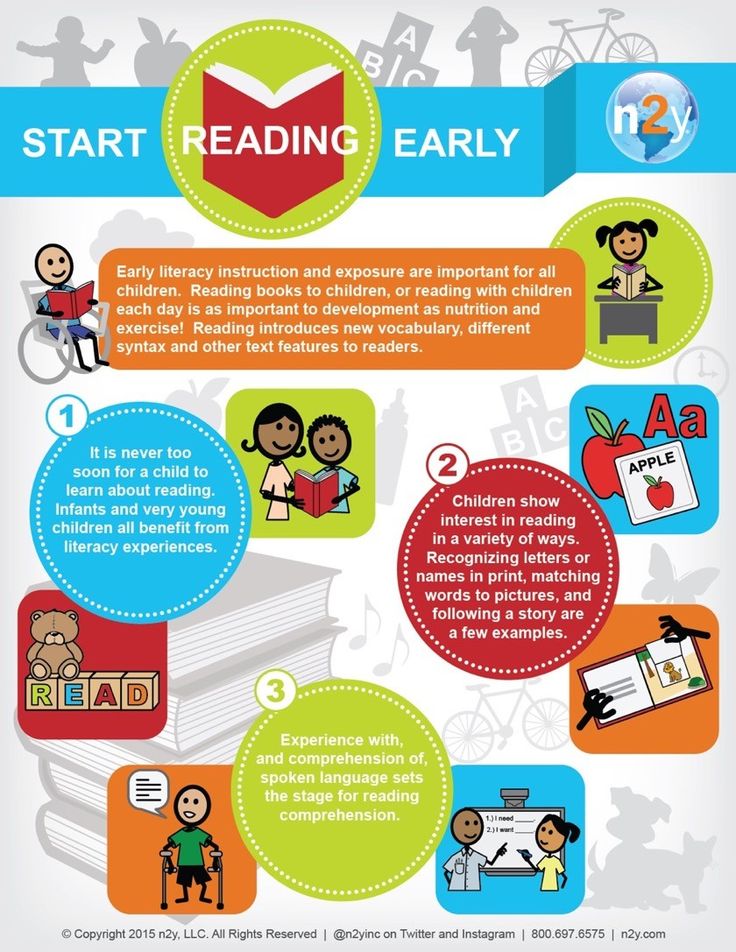 After all, it is precisely in this period that they master
After all, it is precisely in this period that they master
In this regard, early diagnosis and timely provided corrective and speech therapy assistance to children with general underdevelopment...
Teaching literacy and elimination of prerequisites for dysgraphia in children ...
At early stages of speech development words and phrases are pronounced by children babble, with very
Teaching these children without making significant changes in the methodology leads to
Written speech is formed on the basis of oral speech. Writing is a type of speech activity...
Features
early foreign language teaching preschoolers Key words: early education , preschool age , psychological characteristics of preschool children, foreign language , teaching methods .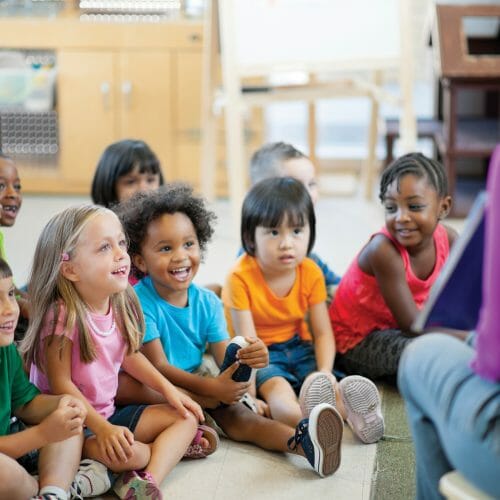
The second group of scientists believe that early teaching a foreign language is teaching children of primary school age .
Preschool
age : language and culture | Journal article...Early learning of a second language affects the essence of the language ability of an individual, develops his thinking, prepares him to master
Basic terms (generated automatically): language cultural environment child child kindergarten preschool, preschool age ...
Basic questions of speech development methodology: problems and approaches
Phonological aspect .

